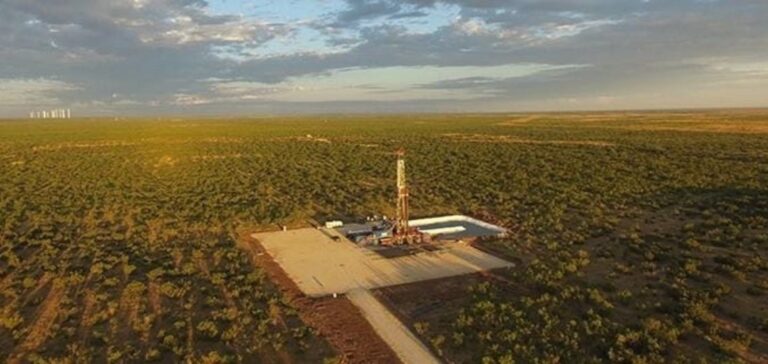ExxonMobil has agreed to sell conventional oil assets in the Permian Basin for around $1 billion.
This transaction is part of a strategy to refocus on shale deposits, which are more profitable and aligned with the company’s priorities following the acquisition of Pioneer Natural Resources.
The fields concerned, mainly based on conventional technologies, are less profitable than the company’s new strategic priorities in the region.
The recent acquisition of Pioneer Natural Resources almost doubles ExxonMobil’s production in the Permian Basin, necessitating a reorganization of its asset portfolio.
By divesting these older oil fields, the company is strengthening its ability to invest in the Permian Basin’s unconventional resources, which are deemed more lucrative.
Strategy to refocus on shale
The refocusing on shale deposits is explained by the higher profitability of these resources compared with conventional fields.
The Permian Basin, renowned for its vast unconventional reserves, becomes the focus of ExxonMobil’s operations in this region.
The sale of conventional assets frees up capital to develop high-potential projects in the shale segments.
The sale process, currently being finalized, includes consultations with potential buyers, aimed at maximizing the value of these assets for the company.
The strategy is to focus investments on areas with the most promising return prospects, in line with evolving energy market conditions.
Impact on the US oil market
This asset disposal illustrates a broader restructuring trend within the US oil industry, where the major players are concentrating on the most profitable segments.
The Permian Basin remains at the heart of this dynamic, with increased competition for shale resources.
By reorganizing their portfolios, the major companies are seeking to optimize their operations in the face of global market uncertainties.
The impact of this sale could be significant, not only for ExxonMobil, but also for the sector as a whole, by consolidating assets around the best-performing fields.
The rationalization movement observed in this region could spread to other parts of the sector, influencing the strategy of other oil companies.






















